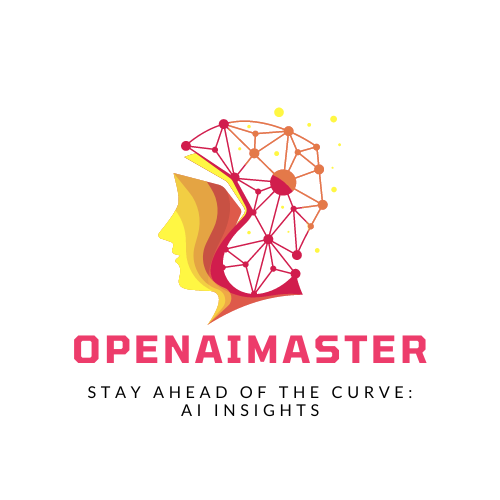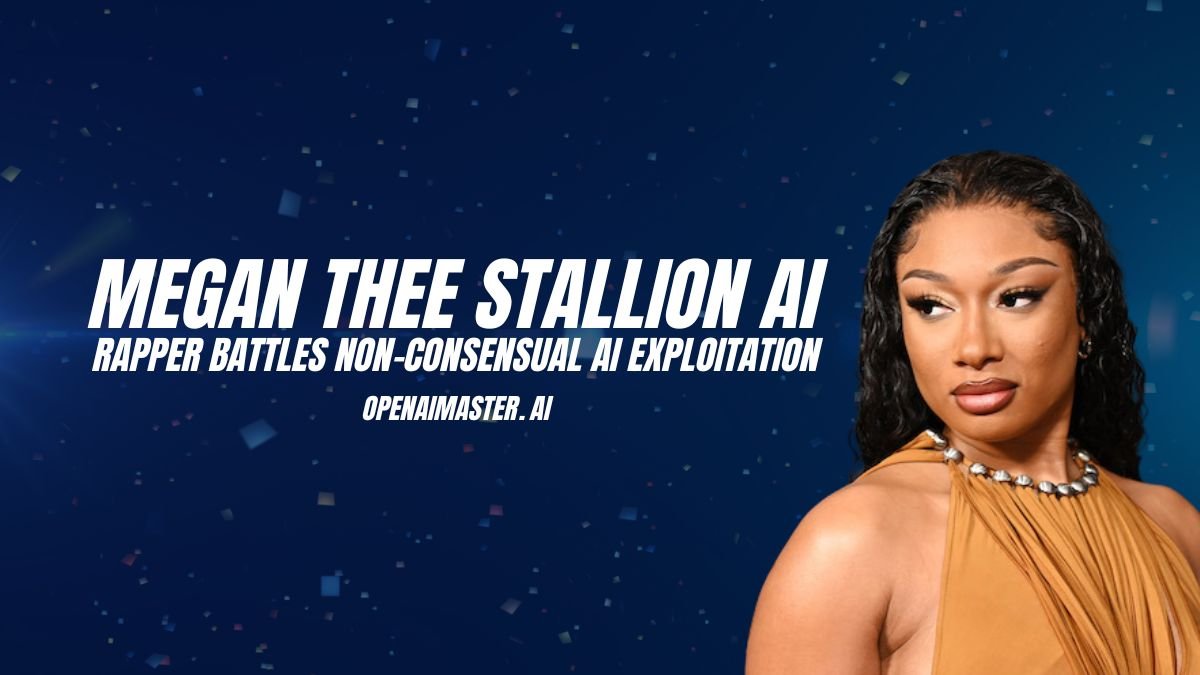Megan Thee Stallion, the Grammy-winning rapper, has found herself at the center of a disturbing controversy involving the use of artificial intelligence (AI) technology to create explicit content without her consent. The incident has sparked outrage and reignited conversations about the ethical implications of AI and the need for stricter regulations to protect individuals from such harmful exploitation.
The Controversy Unfolds
On June 8, 2024, Megan Thee Stallion took to social media to condemn an alleged AI-generated explicit tape that had been circulating online. In a strongly worded statement, she expressed her frustration and anger, calling the tape a “malicious attempt to harm her reputation” amidst her ongoing success. “It’s really sick how yall go out of the way to hurt me when you see me winning. Yall going too far, Fake ass shit. Just know today was your last day playing with me, and I mean it,” she wrote.
The incident has taken an emotional toll on the artist. During her Hot Girl Summer tour stop in Tampa, Florida, Megan Thee Stallion broke down on stage while addressing the scandal. Fans captured the heart-wrenching moment as she struggled to maintain her composure, visibly moved and fighting back tears. Despite the emotional turmoil, her dedicated fanbase has rallied around her, offering unwavering support and urging her to take legal action against those responsible for the AI-generated content.
The Growing Threat of AI Misuse
Megan Thee Stallion’s case is part of a broader trend where celebrities are increasingly targeted with AI-generated explicit content, often referred to as “deepfakes.” Earlier this year, Taylor Swift faced a similar situation with AI-generated explicit images circulating widely on social media. These incidents highlight the growing misuse of AI technology to create unauthorized and harmful content, raising significant concerns about privacy and consent in the digital age.
The Rise of AI Music Tools
The controversy has also shed light on the potential misuse of AI music tools, which have become increasingly popular in recent years. Platforms like Jammable and Lalals offer AI tools that can generate voice models and cover songs using AI technology. While these tools are intended for creative purposes, they can be exploited to create non-consensual and harmful content, such as the alleged explicit tape targeting Megan Thee Stallion.
Explaining AI Technology
For those unfamiliar with AI technology, it is a branch of computer science that focuses on creating machines and systems capable of performing tasks that typically require human intelligence, such as recognizing patterns, learning, and problem-solving. AI technology, including machine learning and deep learning algorithms, has made significant advancements in recent years, enabling the creation of highly realistic and convincing AI-generated content, including images, videos, and audio.
The Need for Regulation and Ethical Safeguards
Megan Thee Stallion’s case underscores the urgent need for stricter regulations and protective measures against the misuse of AI in creating explicit and non-consensual content. As AI technology continues to advance, it is crucial to establish clear ethical guidelines and legal frameworks to ensure that individual privacy and consent are respected.
Experts in the field of AI ethics have called for increased transparency, accountability, and oversight in the development and deployment of AI systems. They emphasize the importance of implementing robust safeguards to prevent the misuse of AI technology for harmful or unethical purposes.
Moving Forward
As the investigation into the alleged AI-generated explicit tape involving Megan Thee Stallion continues, the incident serves as a reminder of the complex challenges posed by the rapid advancement of AI technology. It is essential for policymakers, technology companies, and society as a whole to engage in meaningful discussions and take proactive steps to ensure that AI is developed and utilized in a responsible and ethical manner, protecting individuals from exploitation and harm.




